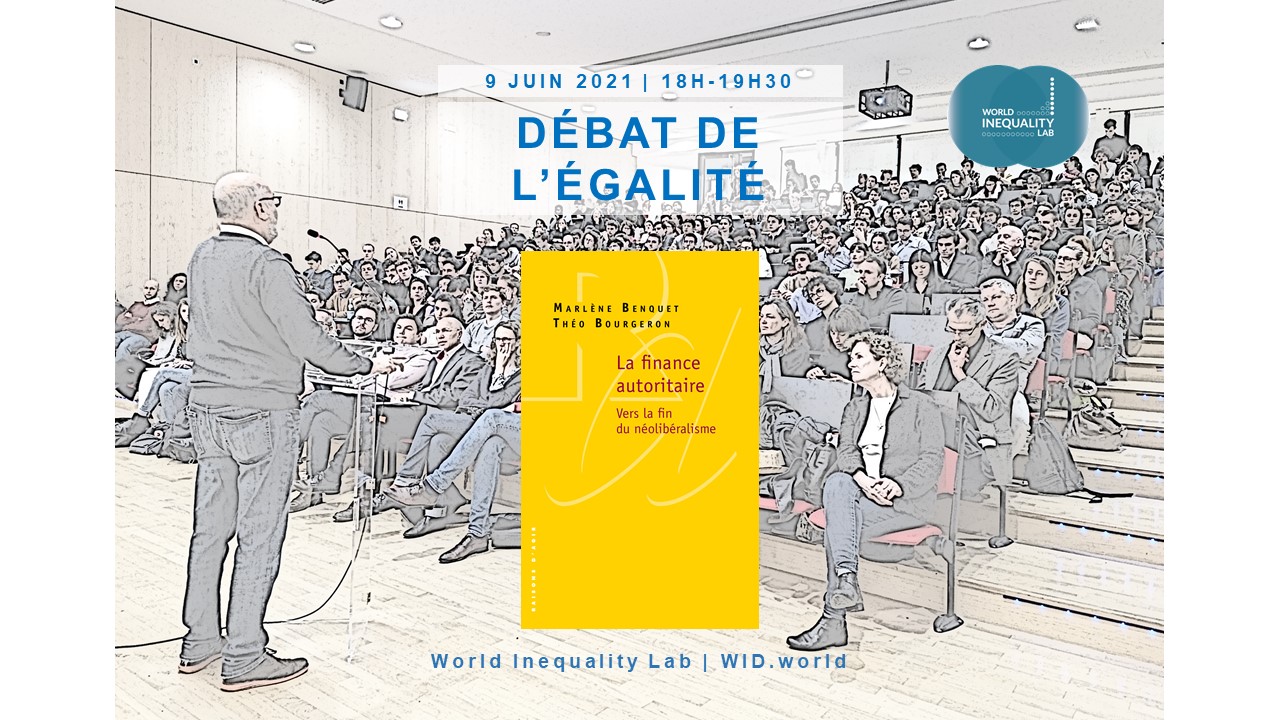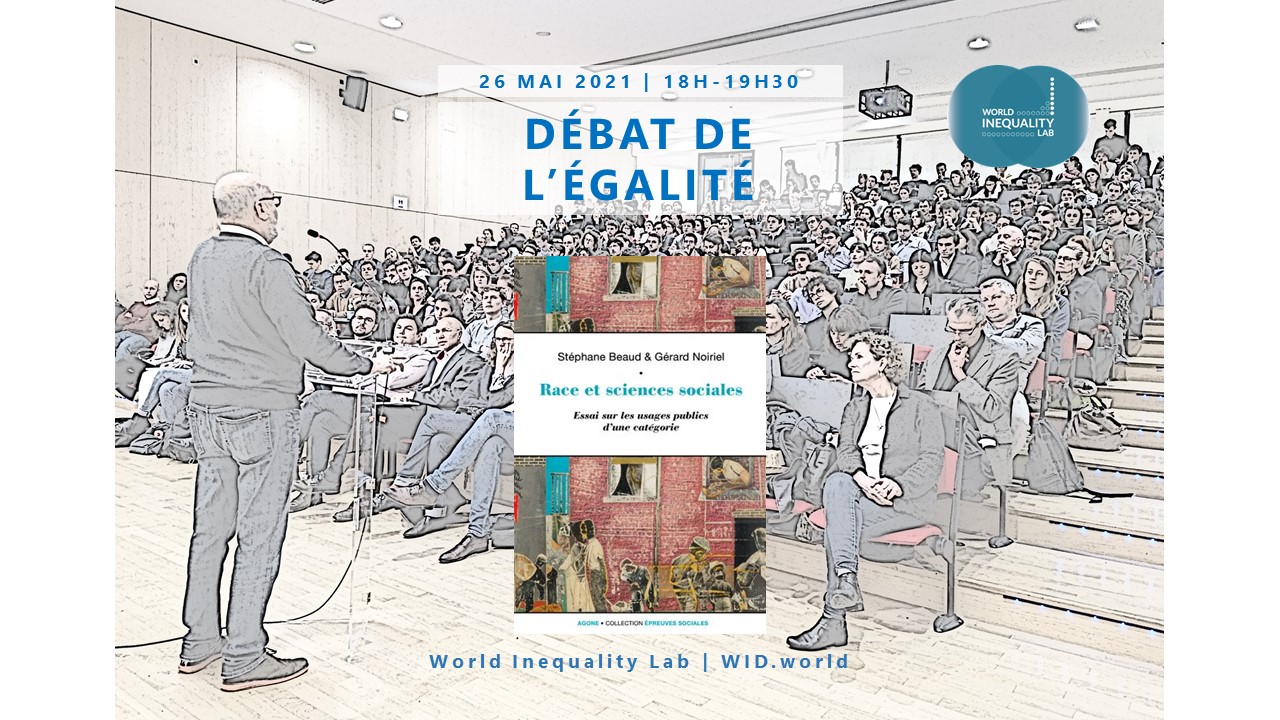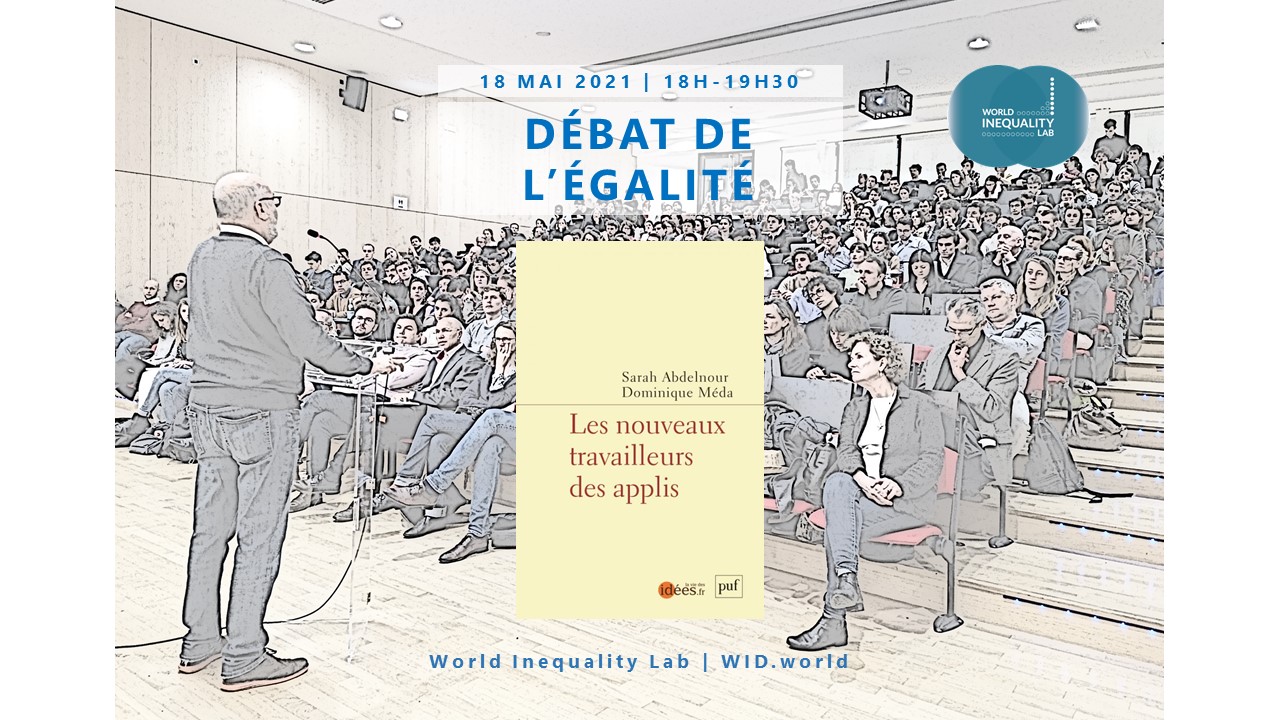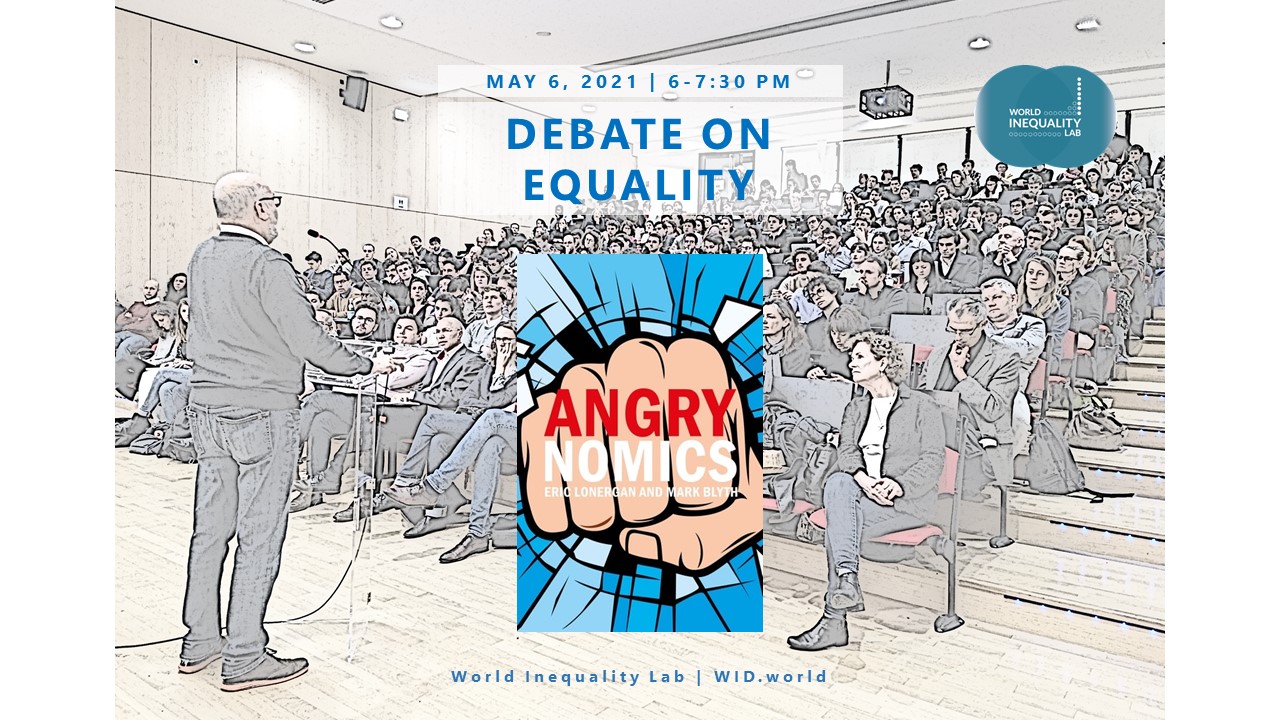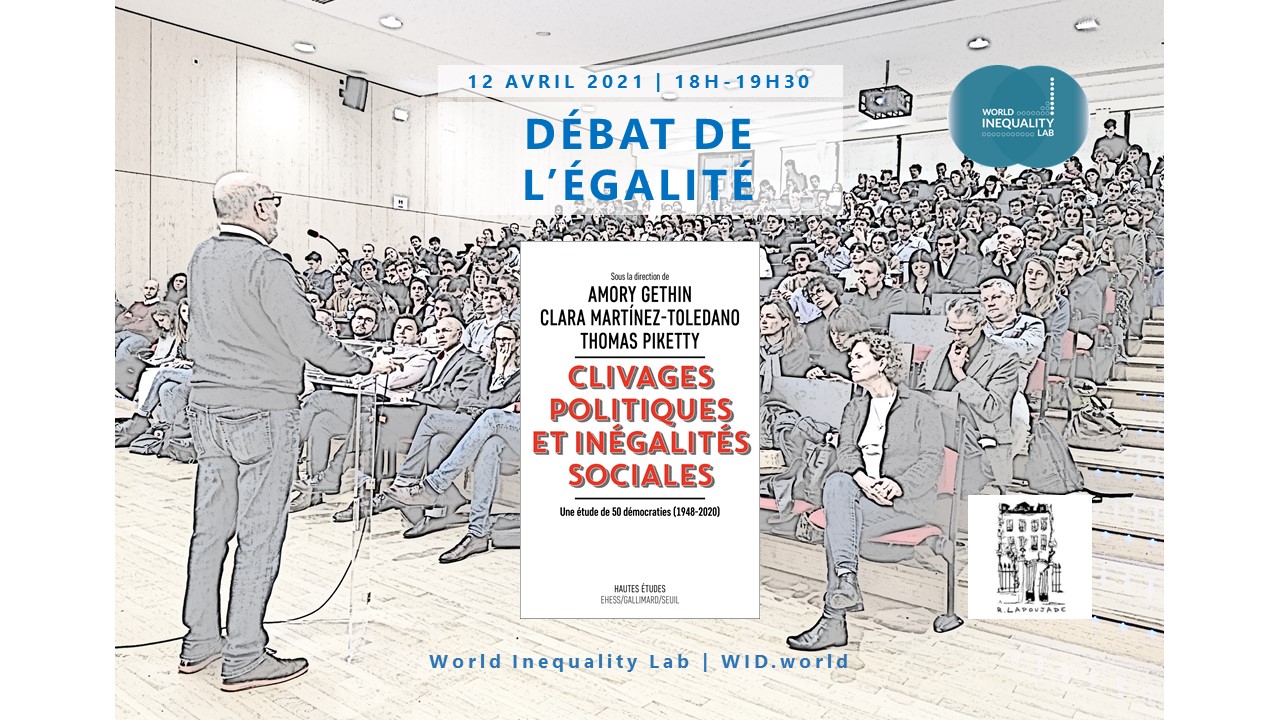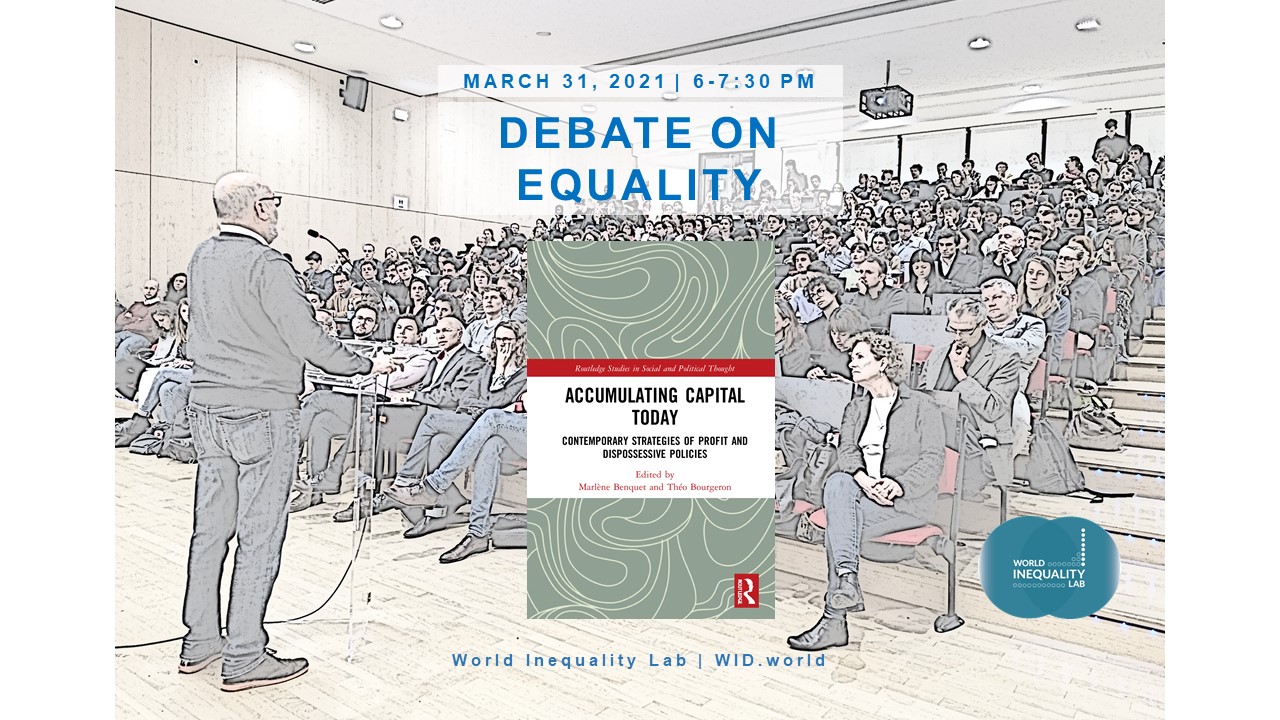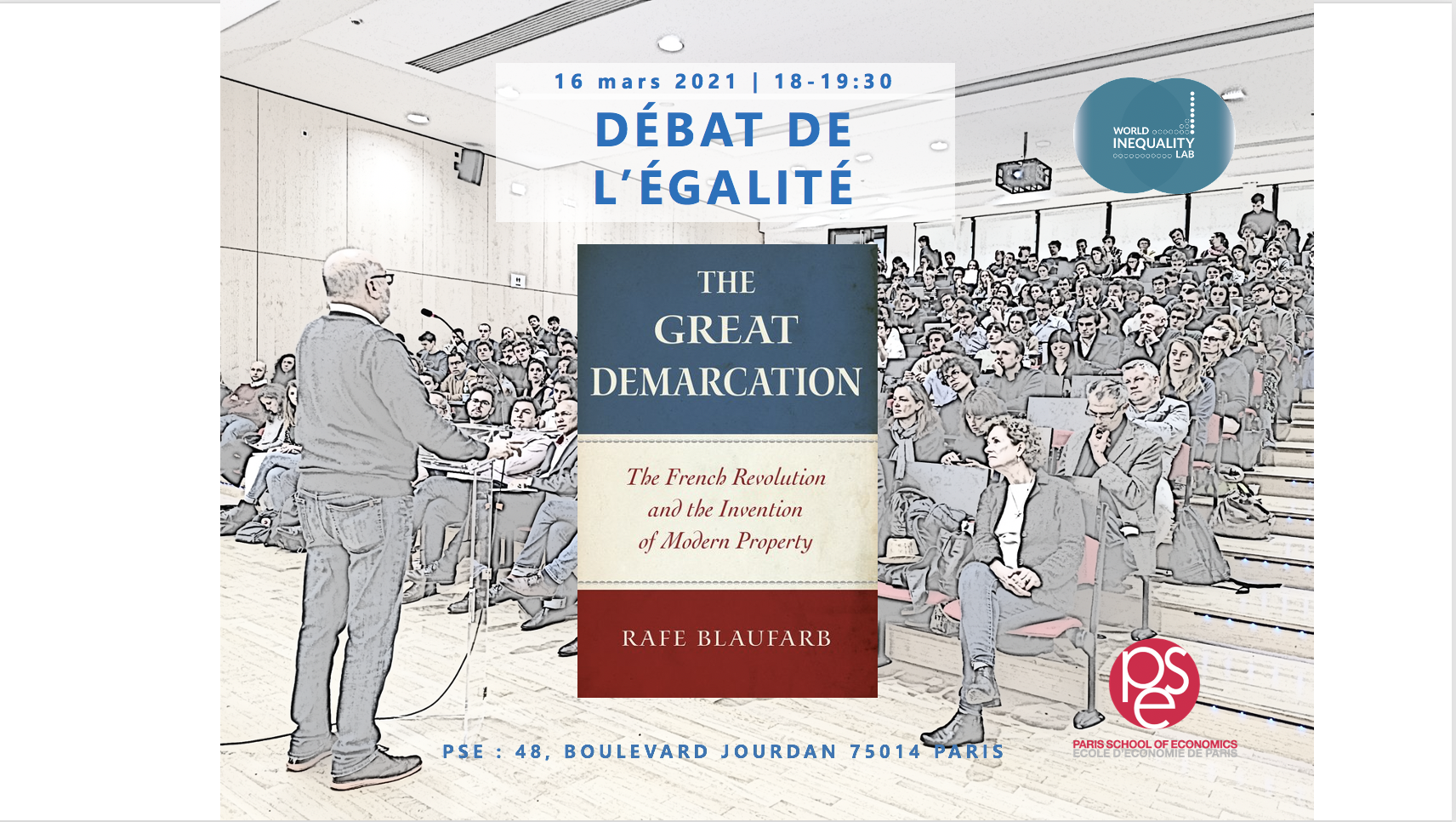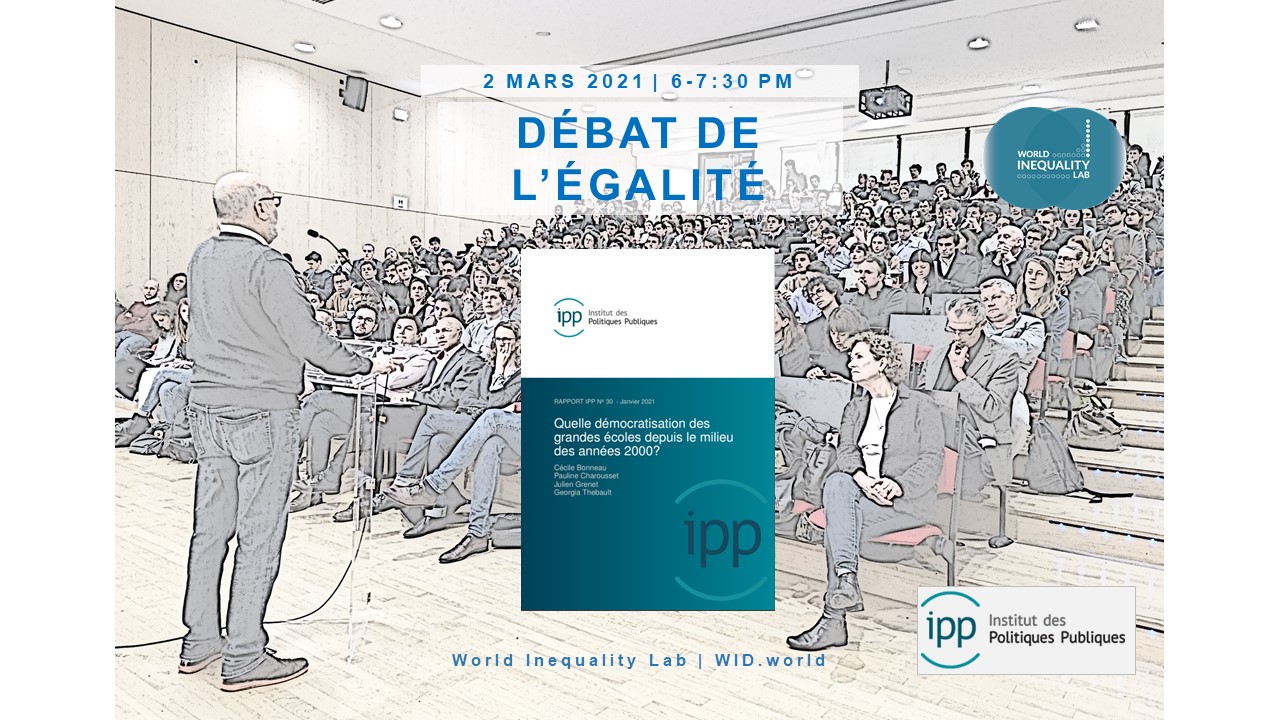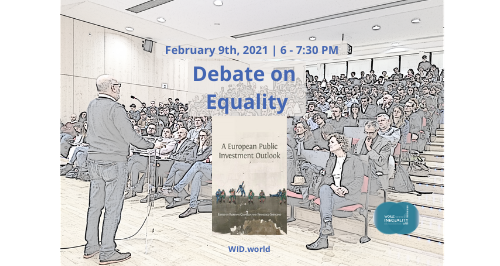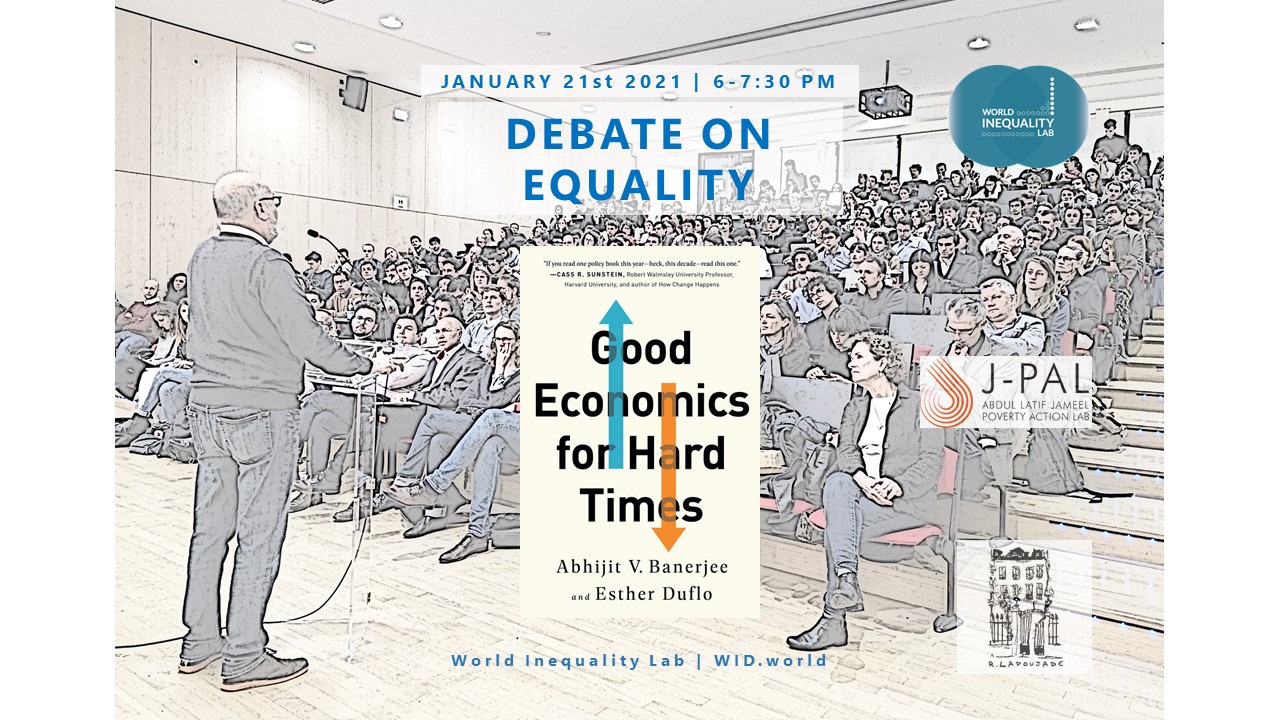The presentation of the book « La Finance autoritaire » will take place on June 9th, 6-7:30 pm (CET), in the presence of Marlène Benquet and Théo Bourgeron. The Debate will be held in French and on Zoom.
Archives: Events
Race et sciences sociales
The presentation of the book Race et sciences sociales. Essai sur les usages publics d’une catégorie will take place on May 26th, 6-7:30 pm, in the presence of Stéphane Beaud and Gérard Noiriel (in French). The event will be held in French and on Zoom.
Les nouveaux travailleurs des applis
The presentation of the book « Les nouveaux travailleurs des applis » will take place on May 18th, 6-7:30 pm, in the presence of Sarah Abdelnour and Dominique Méda. The conference will be held in French and on Zoom.
Continue reading “Les nouveaux travailleurs des applis”
Angrynomics
The presentation of the book Angrynomics by Eric Lonergan and Mark Blyth will take place on May 6th, 6-7:30 pm (CET). The conference will be held in English and on Zoom.
Clivages politiques et inégalités sociales
This Debate on Equality will take place on April 12th, 6-7:30 pm (CET). It will be dedicated to the presentation of the book « Clivages politiques et inégalités sociales. Une étude de 50 démocraties (1948-2020) », in the presence of Amory Gethin, Clara Martínez-Toledano and Thomas Piketty. The conference will be held in French and on Zoom. It is organized in partnership with the publishing house Éditions du Seuil.
Continue reading “Clivages politiques et inégalités sociales”
Accumulating Capital Today
The presentation of the book Accumulating Capital Today will take place on March 31st, 6-7:30 pm. The conference will be held in English and on Zoom.
Continue reading “Accumulating Capital Today”
The Great Demarcation, Rafe Blaufarb
This Debate on Equality will take place on March 16th, 2021 from 6-7:30 pm (CET), and will be dedicated to the presentation of The Great Demarcation by Rafe Blaufarb. The conference will be held in English and on Zoom.
La démocratisation des grandes écoles
The presentation of the report “Quelle démocratisation des grandes écoles depuis le milieu des années 2000?“, by Pauline Charousset and Julien Grenet (Institut des politiques publiques, IPP) will take place on March 2nd, from 6 to 7:30 pm (CET). The conference will be held in French and on Zoom.
A European Public Investment Outlook, Francesco Saraceno
This Debate on Equality will take place on February 9th, 6-7:30 pm in the presence of Francesco Saraceno, for a presentation of his new book A European Public Investment Outlook. The conference will be held in English.
Zoom link to join the Debate: https://zoom.us/j/95165803687
Continue reading “A European Public Investment Outlook, Francesco Saraceno”
Good Economics for Hard Times, Abhijit Banerjee & Esther Duflo
This Debate on Equality will take place on January 21, 2021, 6-7:30 pm on Zoom. It will be dedicated to the presentation of the book “Good Economics for Hard Times“, by Abhijit V. Banerjee and Esther Duflo. The debate is jointly organized with Seuil (French publishing house) and the Abdul Latif Jameel Poverty Action Lab (J-PAL). It will be held in English and introduced by Lucas Chancel.
Continue reading “Good Economics for Hard Times, Abhijit Banerjee & Esther Duflo”

